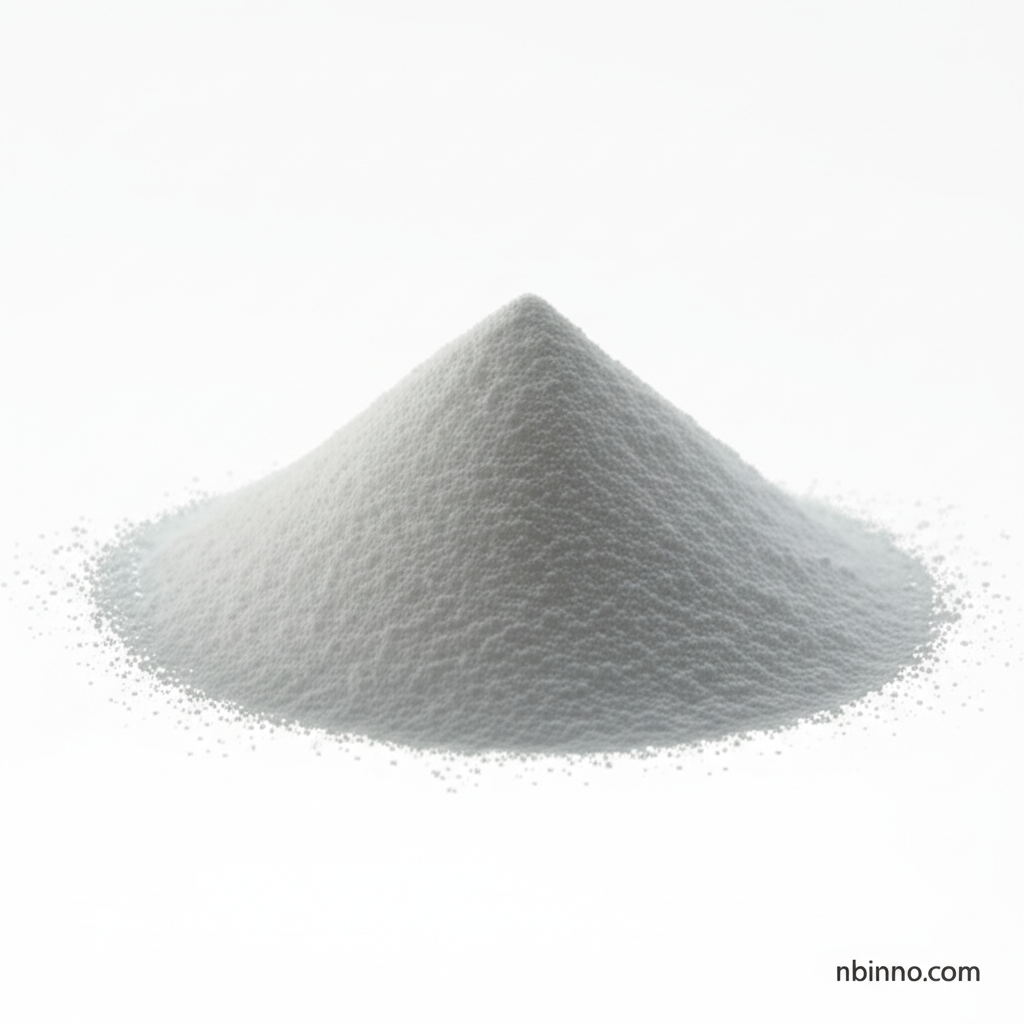Poly-L-lysine (CAS 25104-18-1): Properties, Applications, and Advantages
Discover the versatile uses of this natural cationic polymer in food, cosmetics, and biotechnology.
Get a Quote & SampleProduct Core Value

Poly-L-lysine
Poly-L-lysine (CAS 25104-18-1) is a naturally occurring polypeptide composed exclusively of L-lysine residues, distinguished by its potent cationic properties. This makes it highly effective in promoting cell adhesion, acting as a safe and natural food preservative, and offering significant benefits in cosmetic formulations.
- A key benefit is its broad-spectrum antimicrobial activity, making Poly-L-lysine a valuable natural food preservative, extending the shelf life of various products.
- Leveraging its cationic nature, Poly-L-lysine enhances cell adhesion and growth in cell culture applications, crucial for biotech research.
- The hypoallergenic and safe profile of Poly-L-lysine makes it an excellent ingredient in cosmetics, particularly for hair care, reducing dryness and damage.
- Poly-L-lysine's biodegradability and established safety profile, including GRAS certification, underscore its potential in drug delivery and tissue engineering.
Advantages Offered by Poly-L-lysine
Exceptional Antimicrobial Properties
The inherent antimicrobial activity of Poly-L-lysine provides robust protection against a wide range of bacteria, mold, and yeast, making it an ideal natural food preservative.
Enhanced Cell Adhesion
As a cationic polymer, Poly-L-lysine significantly improves cell adhesion to culture substrates, a critical factor for successful cell culture and tissue engineering applications.
Cosmetic Efficacy and Safety
In cosmetics, Poly-L-lysine offers benefits like moisture retention and anti-static properties for hair care, all while being exceptionally safe and hypoallergenic.
Key Applications
Food Preservation
Utilized as a natural preservative, Poly-L-lysine extends the shelf life of food products by inhibiting microbial growth, demonstrating good heat resistance and applicability across a wide pH range.
Cosmetic Formulations
Incorporated into hair treatments, serums, and lotions, Poly-L-lysine provides conditioning benefits and helps mitigate hair damage, attributed to its cationic nature.
Biotechnology and Life Sciences
Serves as a crucial coating substrate for culture dishes and slides, enhancing cell attachment, and is explored for advanced drug delivery systems and tissue engineering.
Pharmaceutical Intermediates
Its unique properties also position it as a valuable component in certain pharmaceutical formulations and drug delivery research.
